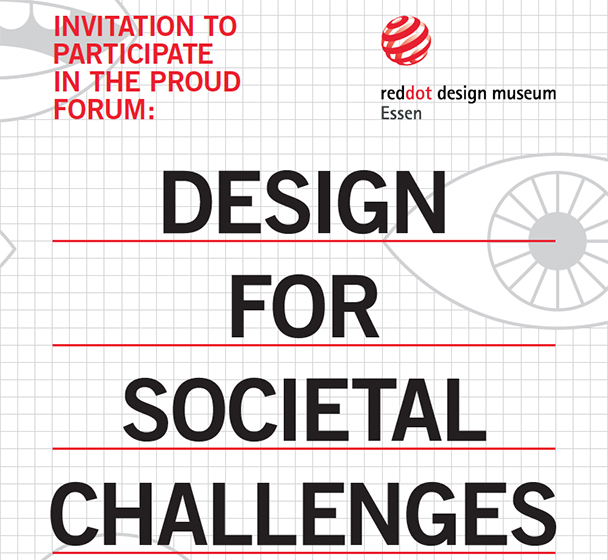Societies are faced with political and economic changes that effect a fundamental transformation of our social structures. Economic globalisation on the one hand combined with the desire for radical individualisation on the other, the reimagining of the public sphere with the help of social networks, but also the loss of optimism about progress are just some of the developments that have irreversibly altered our social structures and behaviours in the past ten years.
As a hybrid discipline, design walks a tightrope between economic success and social responsibility, between creativity and continuity, between technical innovation and human conservatism. Not only is the development of design shaped by the needs of industrialisation and mass production of consumer goods, it is also innately linked to the reflection of this social reality. This is borne out in a variety of different intellectual movements relating to the social responsibility of design, from the Arts and Crafts Movement led by William Morris to the Ulm School of Design founded by Otl Aicher.
But how does design as a discipline react to social change today? What methods and tools does it use in an effort to respond to – or even influence – this realignment of social and economic realities? How do we convey design values in a society where the word ‘design’ is applied to almost everything? Terms like ‘design thinking’, ‘fab labs’, or ‘co-design’ are an expression of a new direction in the production processes – but also the thought processes – used in design.
Keynote speakers include:
Prof. Dr. Peter Zec
“Design for a better quality of life”
Initiator and CEO of the Red Dot, Essen, Germany
Icsid Senator, Montreal, Canada
Prof. Ad van Berlo
“The changing role of designers: from giving form to facilitating innovation processes”
Founder and owner of VanBerlo, Eindhoven, The Netherlands
Part-time professor of Entrepreneurial Design of Intelligent Systems, Eindhoven University of Technology, Eindhoven, The Netherlands
Prof. Dr. Mugendi K. M’Rithaa
“Co-creation and innovation or Design for societal change in regards to World Design Capital 2014 Cape Town”
Icsid President-Elect, Cape Town, South Africa
Professor for Industrial Design, Cape Peninsula University of Technology, Cape Town, South Africa
Workshops:
What is the role of education in design museums?
What is the future of design innovation centers?
What is the effect of co-design?
The forum “Design for societal challenges” is part of the EU project PROUD (People Researchers Organisations Using Design for innovation and co-creation).
For the full programme and registration please visit:


